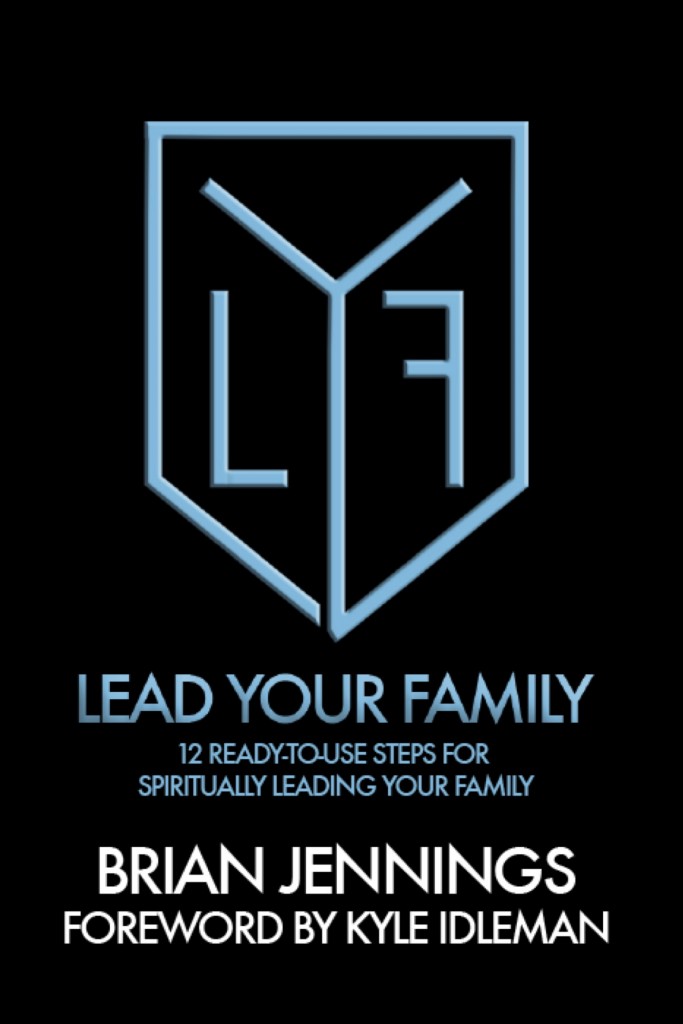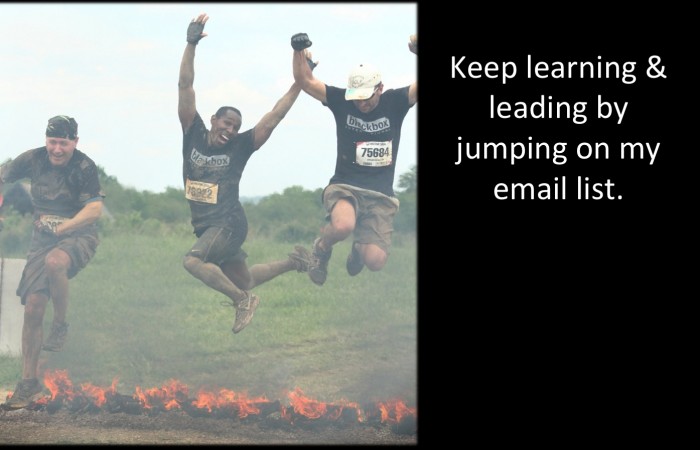The Psychological Impact of Hearing Bad News
Written by Brian Jennings, Posted in Blog, Your World
Heavy is the burden of caring for trafficked boys. In my work with Blackbox International, my heart has been consumed for the healing of trafficked boys (and I pray it always will be), but recently I’ve also pondered what effects the atrocities of the world have on the rest of us – those of us who are not caught in the crosshairs of injustice, but are consumed by the bad news in our world.
Jesse Singal (NYMAG.com) writes about this from a psychological perspective.
A terrifying jihadist group is conquering and butchering its way across big swaths of Iraq and Syria. Planes are falling out of the sky on what seems like a weekly basis. Civilians are being killed in massive numbers in the Israel-Gaza conflict. Others are falling prey to Ebola in West Africa. The world, in short, is falling apart.
That’s how it feels, at least, to those of us who sit at a blessed remove from the death and destruction, but who are watching every bloody moment of it via cable news and social media. It raises an important question: In an age when we can mainline bad news 24/7 if we so choose what’s the psychological impact of all this exposure to tragedy and distance?
Singal goes on to list the maladies that accompany our consumption of bad news: stress, anxiety, depression and the physical issues that accompany such things. The best remedy, Singal says, is to “just turn it off.” He suggests taking a break from the news, Internet and social media.
While I found the article beneficial, the author missed something huge. Let me illustrate with two stories.
Story #1 is about Julie, whose best friend was diagnosed with cancer. Day after day, Julie spends time cooking, cleaning and caring for her friend. She drives her to and from treatments and stops by every day in between. Julie knows there’s nothing she can do to fix the disease, so she does all she can to serve and comfort her friend.
By contrast, Story #2 is about Rachel, whose friend is also sick. However, Rachel can’t handle the thought of her friend being in pain, so she simply stays away. She cares deeply and cries often, but she avoids making phone calls and visits to encourage and help. “It’s hopeless,” Rachel tells herself. “There’s nothing I can do.”
My question is, which woman will be more emotionally healthy? The answer, of course, is Julie – the one who enters into the painful situation and tried to make it better. Julie cries, but not with guilt. She mourns, but not in isolation. She takes action.
If your response to the crises of this world doesn’t include action, you’ll head towards depression, worry and guilt. But if you choose to wisely, selflessly help, you’ll be healthier.
When we help, we must remember that we can’t rid the whole world of all its problems. We’ll soon feel overwhelmed. (Read “How I Learned to Not Be Overwhelmed.”) But we can do something. We do have a remedy. And here it is:
We “cast our cares on God, “because He has a mighty hand.
“Humble yourselves, therefore, under God’s mighty hand, that he may lift you up in due time. Cast all your anxiety on him because he cares for you” (I Peter 5:6-7).
We don’t have what it takes to change the world, nor do we have what it takes to maintain our own emotional health, but God has a mighty hand. So we cast our cares upon Him. We push our grains of sand, little by little, working for the oppressed and vulnerable.
It turns out, yet again, that God’s plans are good, right and beneficial. Pouring our hearts into His causes actually makes us healthier.
Here are some next steps you can take to be the change:
1. Watch this video about Blackbox advocate Kasey Hendrix. Kasey’s creativity and joy shine through, not because she’s just observing the injustices. She’s doing something about it.
2. See ways to get involved and make a donation.
3. Write down the name of someone or some family in need. Pray. Then brainstorm small things you could do to help. Then choose some of those things to do.
*This post originally appeared on the blog of Blackbox International. You can read more Blackbox blog posts here.






